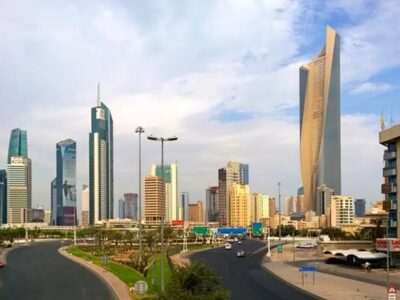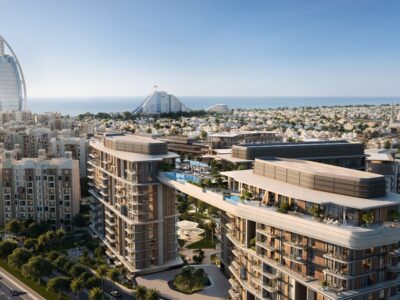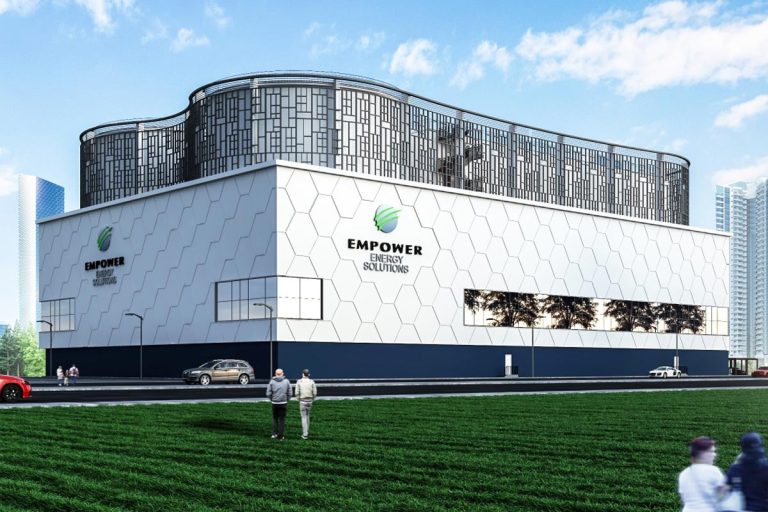Emirates Central Cooling Systems Corporation (Empower), which has been earmarked as one of the ten companies that Dubai government wants to list on the stock exchange following an IPO, said that the number of buildings using its district cooling services has grown by 41.3 percent in the last five years
The world’s largest district cooling services provider had earlier reported an increase in the number of buildings using its services. The company showed year-on-year growth of 13 percent compared to the same period of 2020, reaching 1,413 buildings by the end of 2021.
Ahmad Bin Shafar, CEO of Empower, said: “Today, we announced an incremental growth in the reach of our services, once again demonstrating Empower’s capabilities to grow from strength to strength since its humble beginning with two buildings back in 2004.
“The significant growth is a testament of Empower’s robust levels of production, operation and distribution through its advanced plants and vast transmission network. We also remain focused on continuously investing in our district cooling infrastructure and remain well placed to continue catering to growing market demand.”
During 2021, Empower served some of Dubai’s most iconic projects, like Marsa Al Arab, One Za’abeel, The Residences Dorchester Collection, Uptown and Wasl1. It now has 80 percent market share of the district cooling market in Dubai.
As many as 64 percent of buildings in Empower’s portfolio are residential, followed by the commercial sector (15 percent) and the hospitality sector (14 percent). Among hospitality, more than 17 percent of hotels in Dubai are served by Empower. The healthcare sector constitutes 3 percent of their business.
Empower is a venture between DEWA and Tecom, a part of state-owned Dubai Holding. Last year, it acquired property developer Nakheel’s district cooling plants and in November 2021, it also signed an agreement to acquire the district cooling systems of the Dubai International Airport.
District cooling is the preferred and most sustainable method in the Gulf region to combat temperatures that often soar above 110 degrees Fahrenheit (43 Celsius) during the summer. Plants generate chilled water, which is then sent through pipes to cool the air of buildings.





